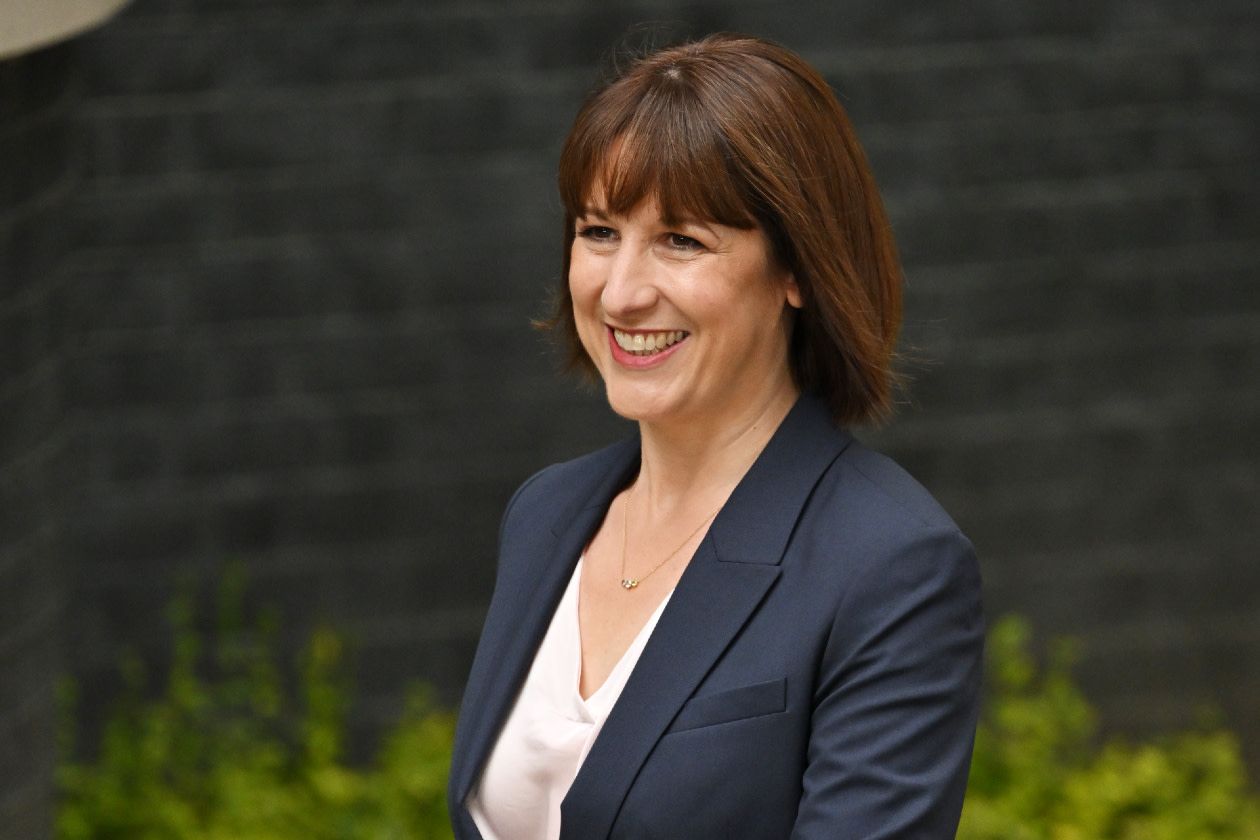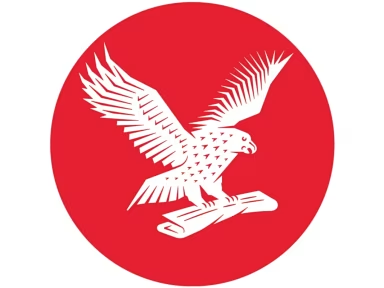Rachel Reeves will bank on Labour’s Brexit reset with the European Union to help deliver the economic growth she pledged ahead of the general election.
The hope that living standards can be raised with a better Brexit deal will be the core subject of Ms Reeves’ keynote speech in Brussels on Monday.
With economic analysts and business leaders questioning whether Ms Reeves will achieve substantial growth after adding an extra £40bn in taxes including a hike in national insurance, the chancellor is looking towards a better deal with the EU to boost prosperity.
Already, Sir Keir Starmer downgraded the promise of economic growth – previously the centre of Labour’s election campaign – to focus more on raising living standards.
The chancellor’s speech comes as deputy prime minister Angela Rayner heralded plans to tear up planning rules to allow more housebuilding and the construction of infrastructure to turn the UK economy around.
But with the Office of Budget Responsibility suggesting that growth will peak at around just 2 per cent during this parliament, Ms Reeves is looking for changes in the flawed Brexit deal to help put more money in people’s pockets.
Ms Reeves will become the first UK chancellor to attend a meeting of EU finance ministers since the UK left the EU. The Labour government is using it to clearly signal their commitment to reset the relationship with the EU and realise the economic potential of our shared future.
In her speech, the chancellor will set out that part of the government’s mission to drive economic growth and make working people better off, a central part of the “Plan for Change”, will be achieved through a closer relationship with the EU.
She will focus on three key areas of the UK-EU relationship: tackling shared challenges, including the war in Ukraine; championing free trade as a driver of economic competitiveness; and strengthening bilateral economic partnerships.
She will go on to say that by taking these on together, leaders can put more money in people's pockets through lower prices and generate better jobs through increased investment.
Ms Reeves will say: “This is the first time a British chancellor has addressed the Eurogroup since Brexit.
“And there could be no more important moment to do so, than now.
“It is a signal of the new UK government’s commitment to resetting our country’s relationship with the European Union; and the importance I place in realising the economic potential of our shared future.”
She will add: “I know that the last few years have been fractious. Division and chaos defined the last government’s approach to Europe. It will not define ours.
“We want a relationship built on trust, mutual respect, and pragmatism. A mature, business-like relationship where we can put behind us the low ambitions of the past and move forward, focused instead on all that we have in common.
“And all that we might achieve together to keep our countries safe, secure and prosperous.”
On strengthening economic ties, she will say: “I believe that a closer economic relationship between the UK and the EU is not a zero-sum game. It’s about improving both our growth prospects.
“The reset in relations is about doing what is in the best interests of our shared economies and those that depend on it.
“That means breaking down barriers to trade, creating opportunities to invest and helping our businesses sell in each other’s markets.
“That’s why I’m here today; that’s what our reset seeks to achieve.
Ms Reeves will also underscore the importance of the UK and EU’s unwavering support for Ukraine more than 1,000 days after Russia’s invasion, delivered most recently through a G7 loan of $50bn (£39bn) backed by profits on immobilised Russian sovereign assets.
She will say that Ukraine’s national security ensures the UK and Europe’s national security too.
While in Brussels, the chancellor will also attend a series of bilateral meetings with European counterparts. International economic partnerships are a crucial part of the government’s No 1 mission to grow the economy and make every part of the UK better off.
She will, however, emphasise that there will no return to the single market, the customs union, or freedom of movement in a decision that will disappoint many businesses in the UK.
Following their meeting on 2 October, the prime minister and president of the European Commission, Ursula von der Leyen, agreed to strengthen the UK-EU relationship and put it on a more solid, stable footing.
The EU reset feeds directly into the government’s Plan for Change to be achieved via its five missions – one of which is growth. The reset will help contribute to the government’s ambitions to grow the economy, invest to create an NHS fit for the future and tackle irregular migration.
Shevaun Haviland, director general of the British Chambers of Commerce, said: “Right now, UK firms wanting to trade with Europe are struggling under huge regulatory and paperwork burdens.
“Businesses will be encouraged to hear the chancellor talking about a reset in our relationship with the EU which genuinely breaks down barriers to trade.
“A better deal can’t come soon enough for UK exporters. It’s vital that talks move at pace in the coming months to make life easier for businesses to thrive.”
But Tory shadow business and trade secretary Andrew Griffith said: “The chancellor should be spending all her energy working out how to reverse her devastating budget measures that have crashed confidence and will see fewer jobs, lower salaries, and higher taxes.
“If she is interested in growth, she should tell the prime minister to jump on a plane to the US and talk to Trump about getting a US-UK trade deal done, not trying to take Britain backwards into the slow growth EU.”
This article was written by David Maddox from The Independent and was legally licensed through the DiveMarketplace by Industry Dive. Please direct all licensing questions to legal@industrydive.com.
(Photo by Leon Neal/Getty Images)

